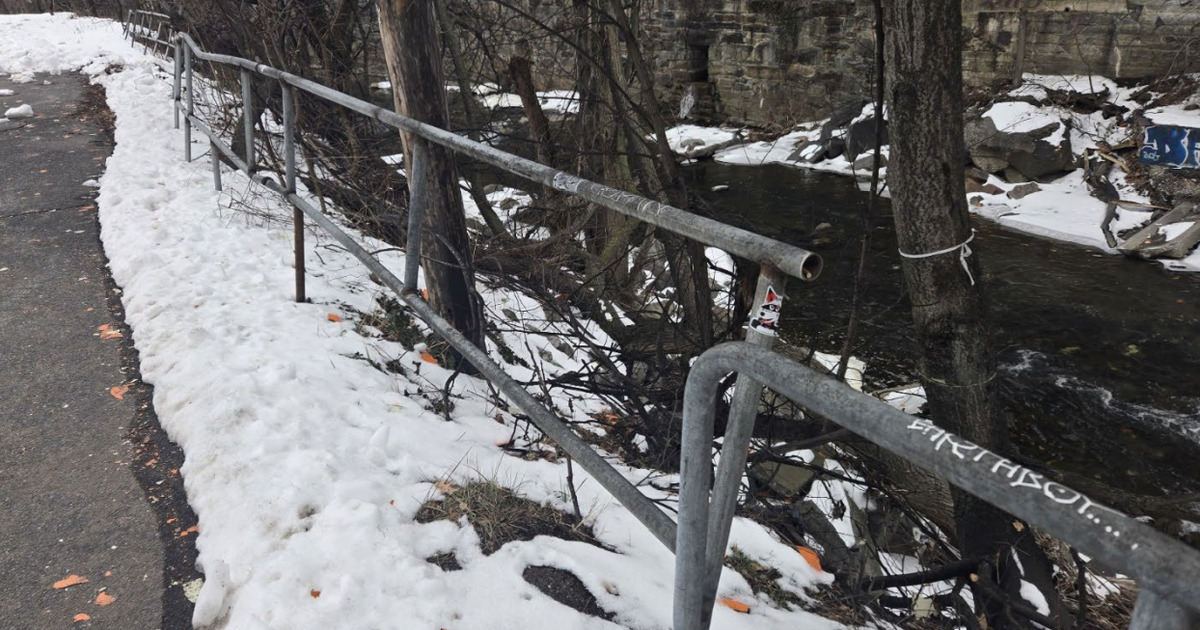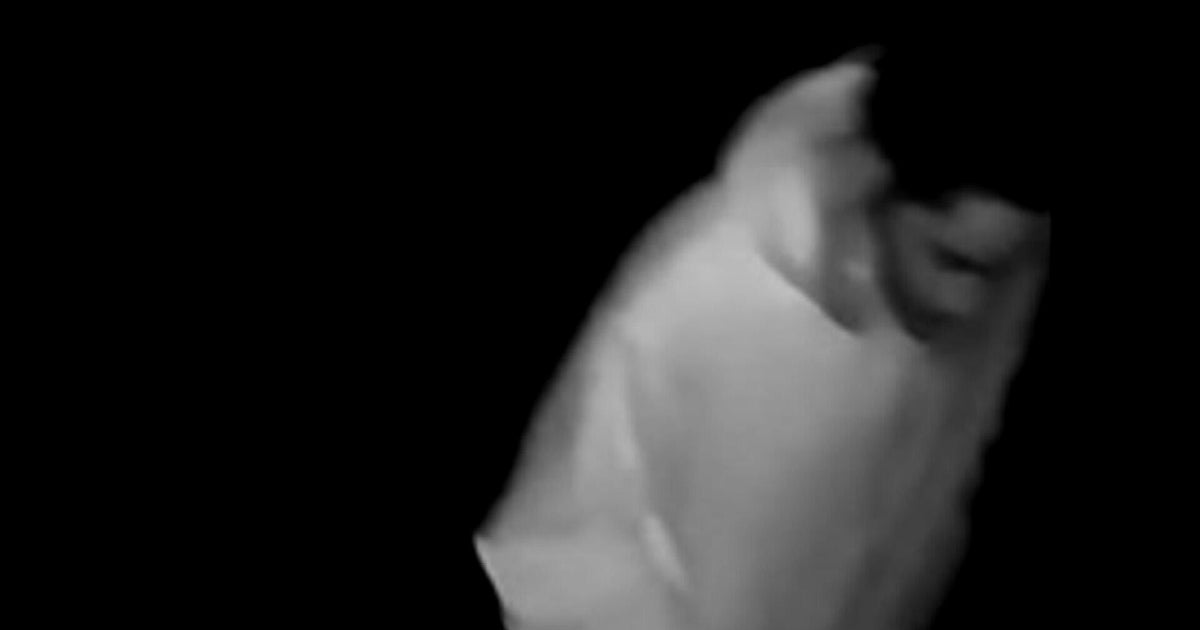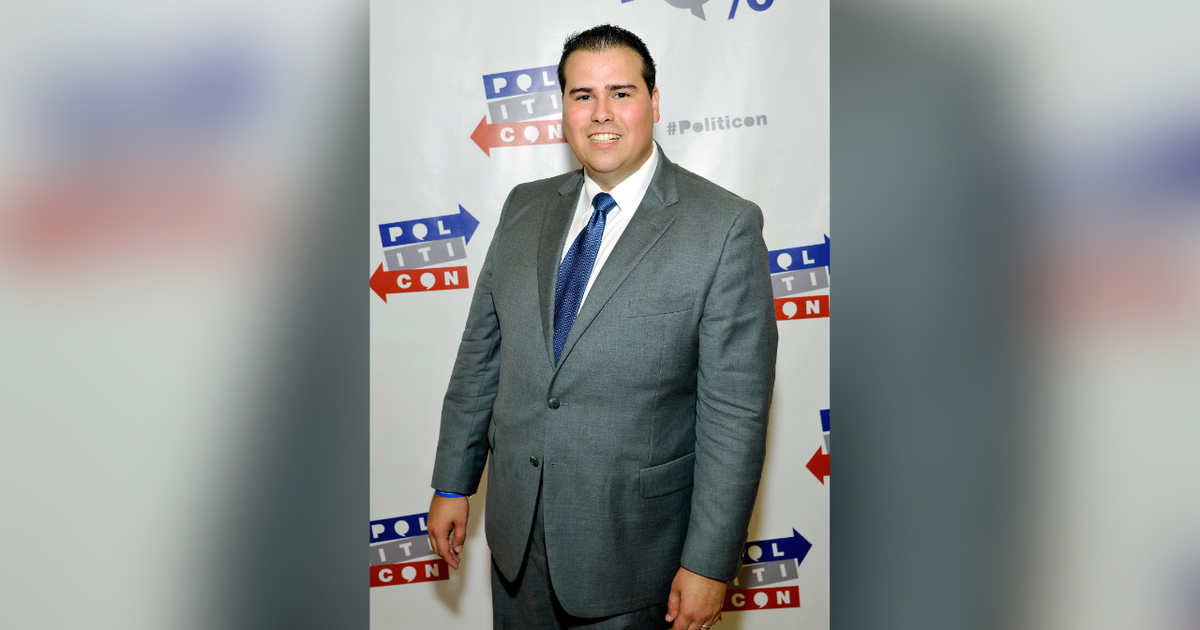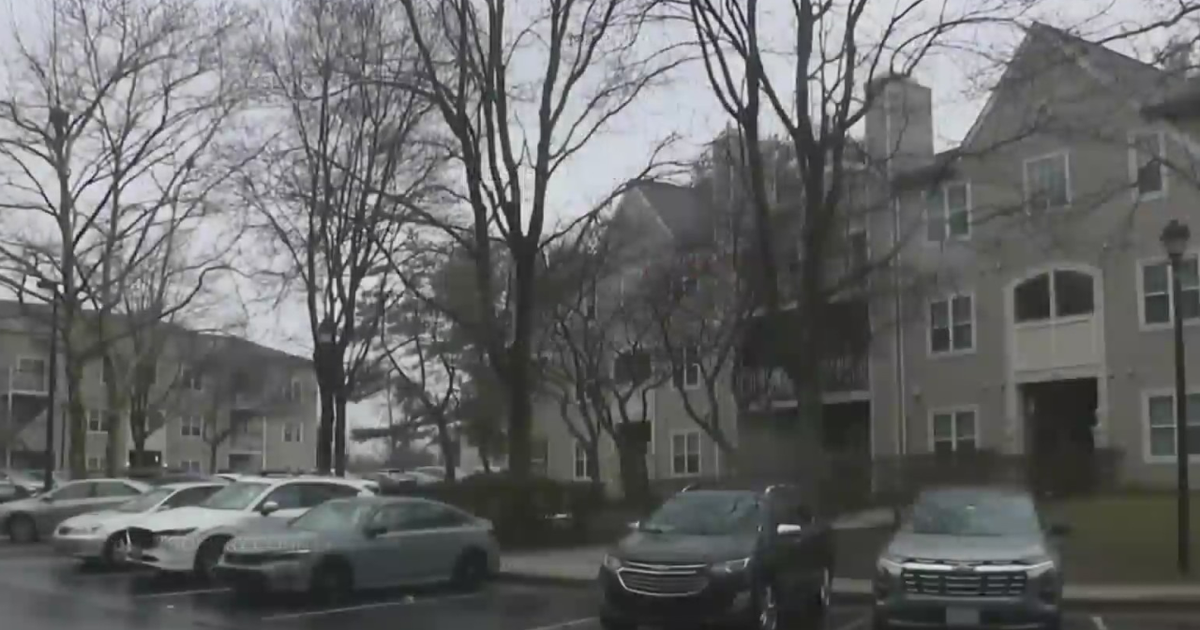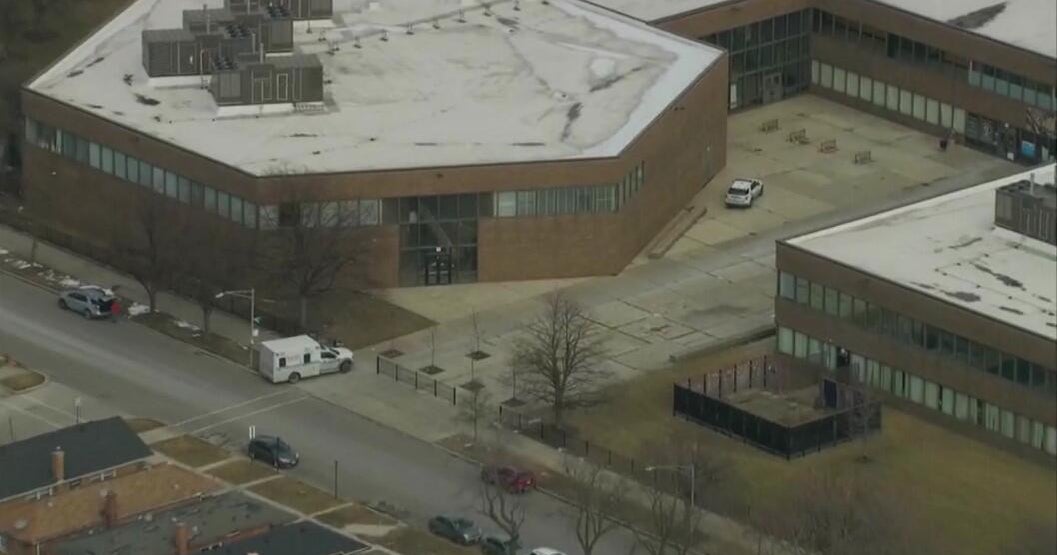Criminal Justice Research Analyst Passionate About Positive Change
Rebecca Skorek is a research analyst at the Illinois Criminal Justice Information Authority, a state agency dedicated to improving the administration of criminal justice. Skorek evaluates policies, programs and legislation that addresses critical issues facing the justice system in Illinois. She works on Adult Redeploy, a prison diversion program, evaluates police crisis intervention training to better respond to youth with mental illness and submits this data and statistical support to the governor's Criminal Justice and Sentencing Reform Commission. These measures contribute to improving the criminal justice system and enhancing public safety in Illinois.
Skorek earned her bachelor's degree in psychology with a minor in criminal justice from Illinois State University and her master's degree in forensic psychology with a research concentration from The Chicago School of Professional Psychology.
What are the scope and responsibilities of your current role?
"I assist in the development of Illinois' justice system by evaluating state and federally funded programs to learn about performance and impact. Evaluation often includes examining arrest and incarceration data while taking into account the effect of therapeutic interventions for the justice system population. Through technical functions related to study design and statistical analysis, I am able to present data-driven results to educate and convince key stakeholders of critical next-steps to improve public safety. I also provide technical assistance in statistical methods, database design, data analysis and presentation so that local jurisdictions use data to guide programming and policies, as well as demonstrate successes."
What is your favorite part of your daily duties?
"I am passionate about data-driven policies and practices that promote positive change, so crunching numbers is one of my favorite tasks. By analyzing crime and risk factor statistical information, I can shed light on critical juvenile and criminal justice topics. Data can be invaluable to strategic planning, policy decisions and public education."
Do you feel your education prepared you for your current role?
"Yes I do. It gave me a strong foundation to conduct statistical analyses and interpret them with a theoretical framework. However, nothing compares to the knowledge gained from job experience. One of the many reasons why I love my job is because I am constantly learning something new."
Do you have any advice for people who desire to pursue a similar career?
"Often advanced degrees within the social sciences are required. I recommend taking as many qualitative and quantitative courses as possible. That way you will have a scientific approach to understanding offending behavior and the justice system's response. Communication and writing skills are also very important. When choosing a graduate school, consider the research being conducted by the department of which you are applying and make a decision that best aligns with your interests. Also, take into account that public health and public safety laws vary from state-to-state, as well as professional licensing qualifications."
Michelle Guilbeau is a writer, reviewer, teacher and business owner. She also has experience in school administration, literacy coaching and is proud founder of CraftKitsForKids.com and MichelleGuilbeau.com Michelle enjoys sharing her knowledge of cities, food, travel, education and parenting issues with her readers. Her work can be found on Examiner.com.
